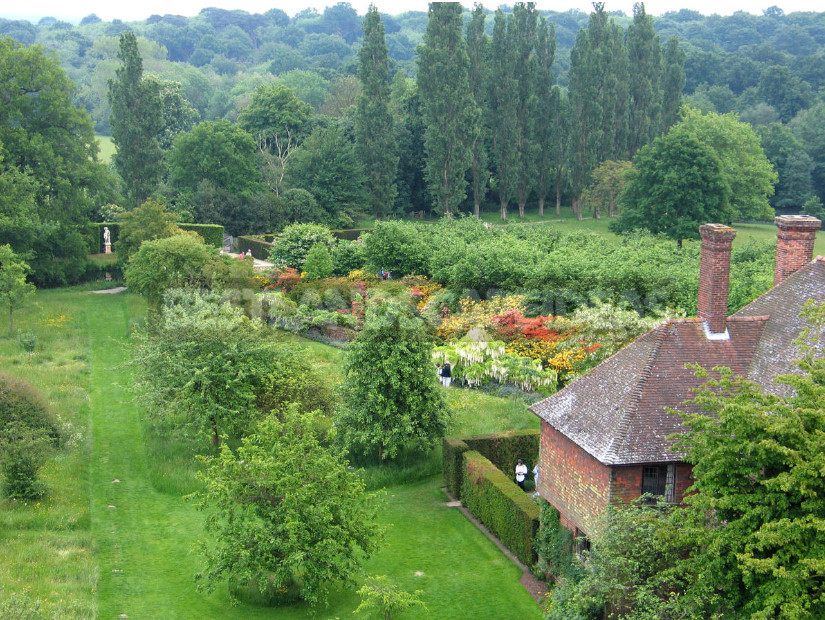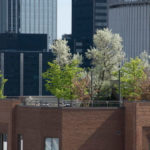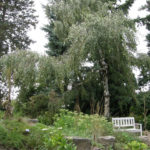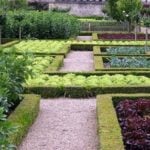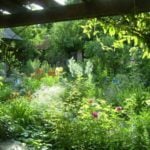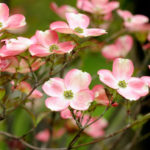It is easy to distinguish Chinese from Japanese garden, a regular from the landscape. Such conventions as style, national characteristics and the like are firmly established in our understanding of the gardens, they allow us to classify and lay out on the shelves. And everyone understands.
But in addition, the gardens are still created by men and women. I wonder if it is possible to enter someone else’s garden, to determine whether the owner or the hostess created it? Are there “male” and “female”gardens? This question I asked during a visit to two English gardens, in which, in my opinion, very clearly felt the influence of these two principles — the female Yin and male Yang.
Sissinghurst Garden
Vita’s Garden Sackville-West. Probably one of the most famous and visited in Britain. It turned out that I knew nothing about the garden except the name. However, the thoughts that came to my mind while walking through it, later found confirmation in the text of the guide written by the son of the famous gardener.
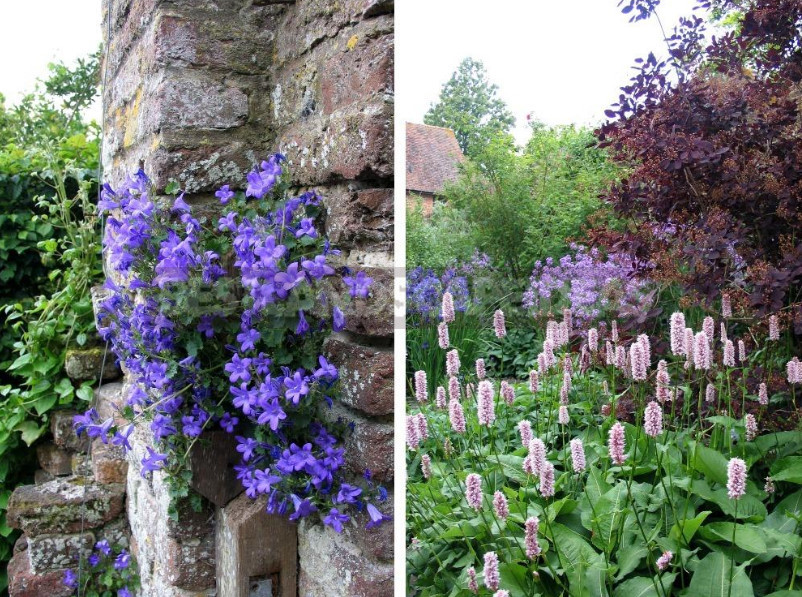
Behind the layout of the garden, combinations of colors, plants, behind the closed spaces of “green rooms”, I saw a Woman. Only she could at first sight “fall in love” with the ruins of the former prison, knowing in them her romantic corner, where happiness lives.
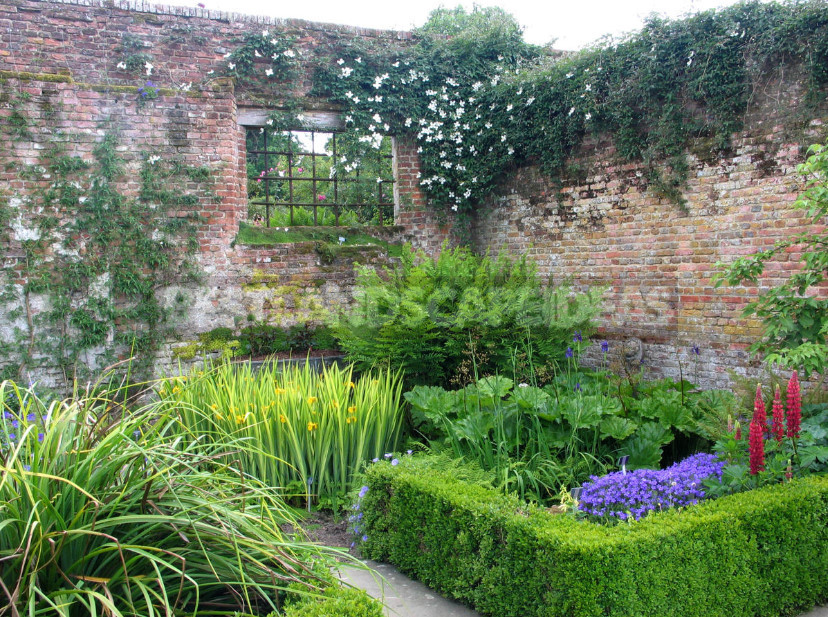
Yew screens and benches in secluded corners; a white garden, shimmering in the twilight; old roses, growing at random; grass, crawling on the track, about which the hostess said: “… and do not disturb them…”; garden of herbs — all this gives a refined, romantic, bright female nature.
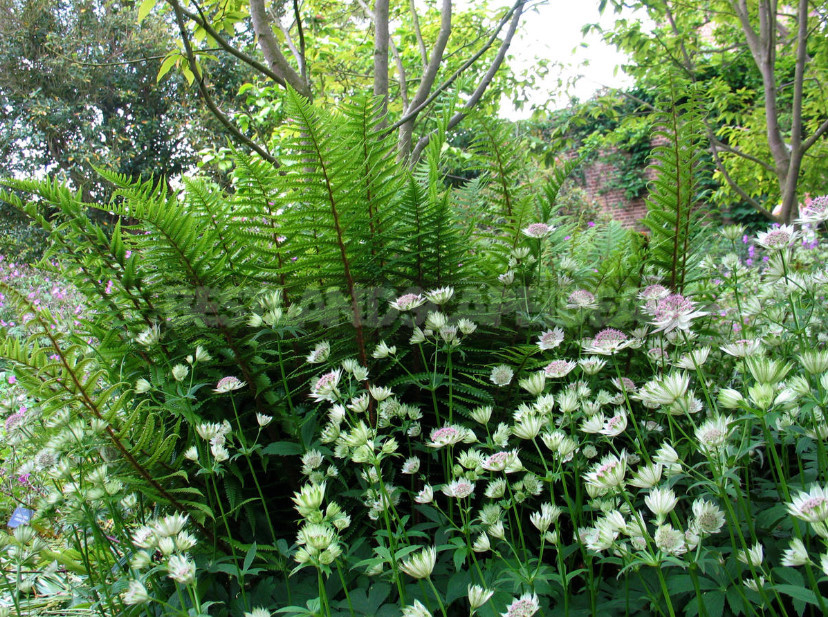
And here’s another: a tower from which you can watch the neighbors. And no matter that they are not, the main thing — there is an opportunity. Isn’t that a woman’s trait?
It is logical and natural that next to such a woman was a smart and strong man who together with her created this masterpiece.
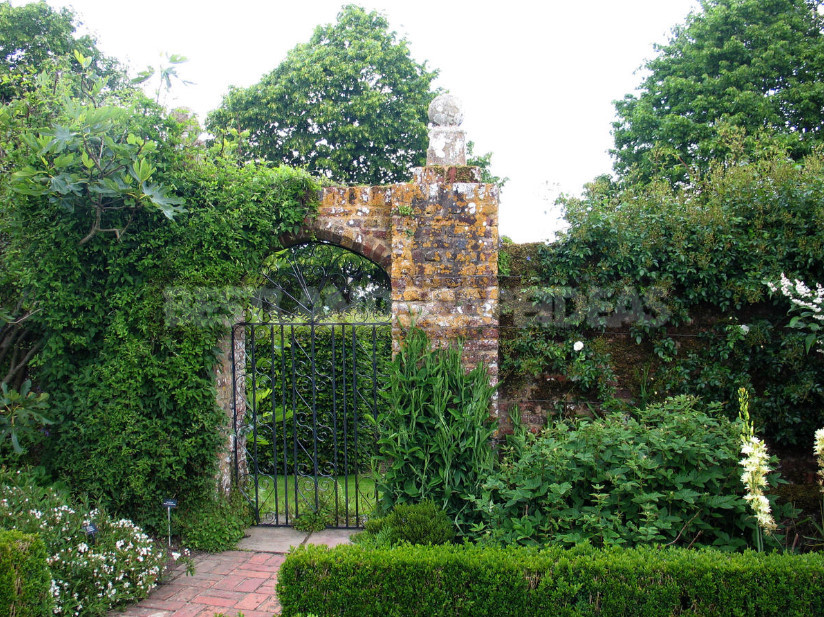
The male hand in the Sissinghurst Garden is a classic lime alley, it is geometrically correct tracks. And absolutely smooth lawn circle. It can be cut lovingly in any mood. Such a small area of male independence.
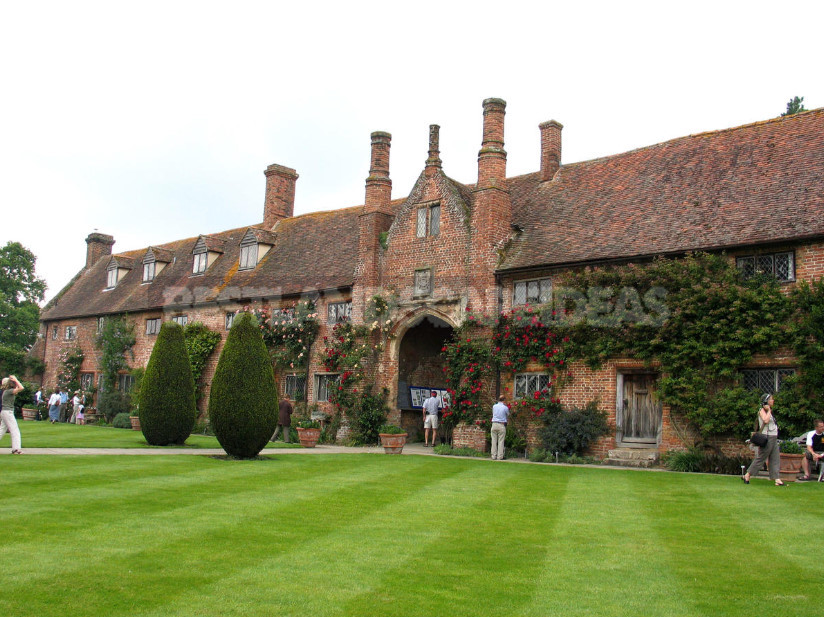
Angles made by a woman, defined by the sense of mystery, some innuendo and light disorder. In one word – romanticism. And next to Harold in a simple, clear geometry, and symmetry, accuracy and “correctness”.
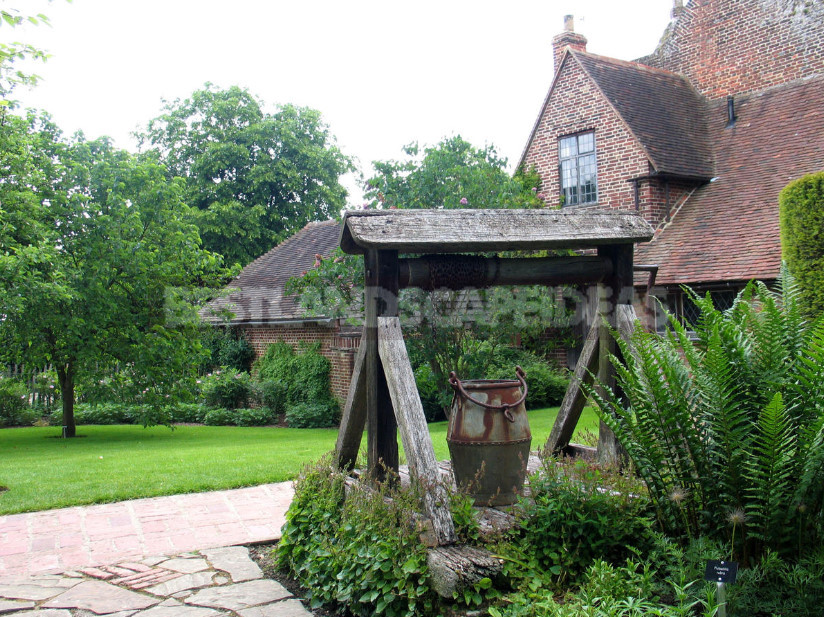
So in someone else’s garden I suddenly felt the unity and the harmony of the combination of two outstanding personalities — men and women. Their independence, but also continuity. Maybe this is so attractive and popular this garden? Maybe that’s why you want to go back there?
Great Dixter
For contrast, you should definitely go to the “male” garden Great Dixter. His boss distinguished absolute disregard to all the canons of classic garden art.
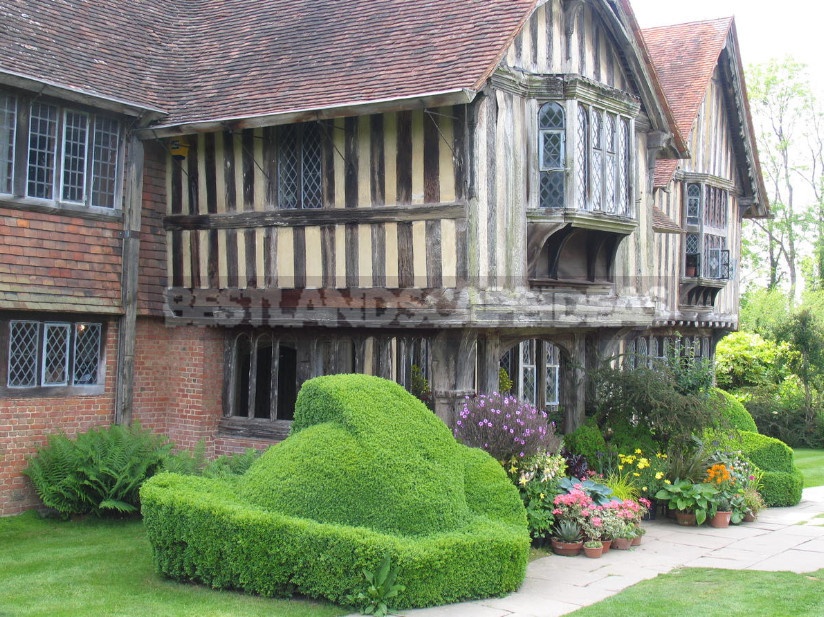
Mixing seemingly incompatible colors, shapes and styles, placing topiary pyramids among wild uncut grasses contrary to generally accepted norms – all this, apparently, gave the owner a special aesthetic pleasure. This garden attracts with its masculine character, courage and independence.
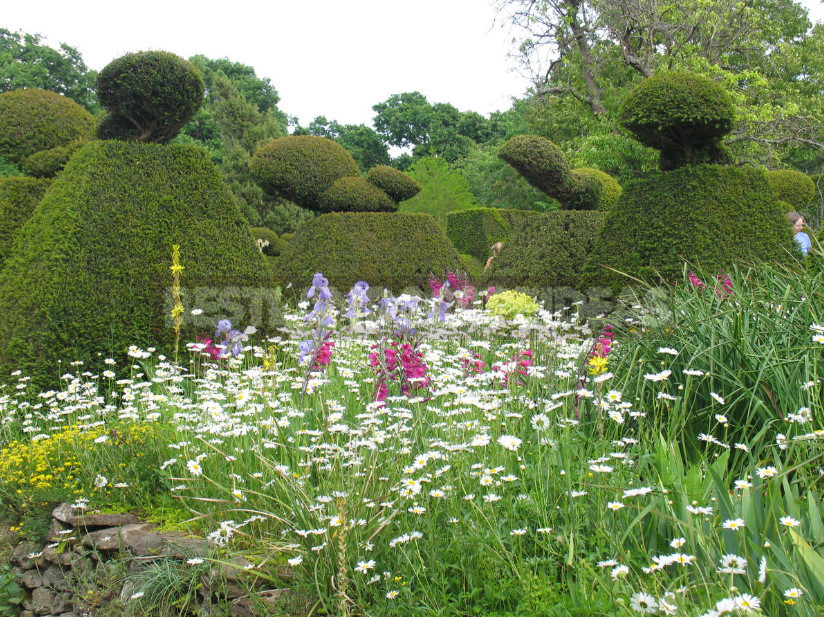
There is a mixborder in the garden – “of everything”.
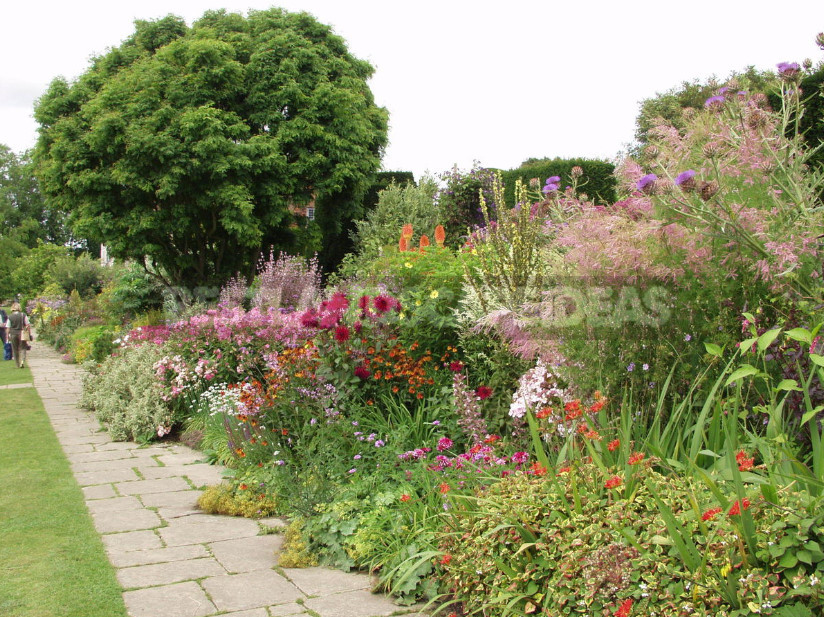
Go on. Well, tell me, why blaze the track (like at all), if they can just cut out in the grass? Anyway, what could be better than a lawn?
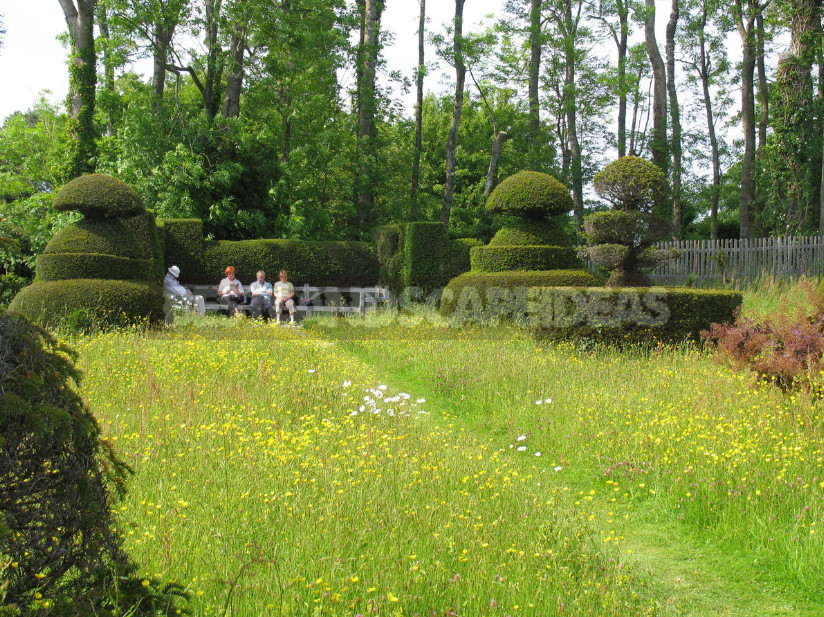
Want flowers? Please – see above about mixborder.
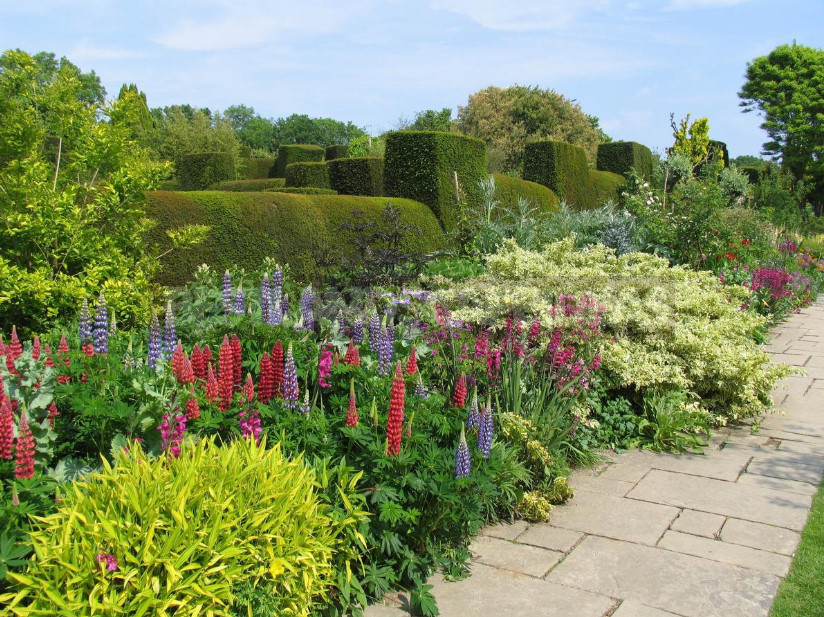
Independence. This word best describes the Great Dixter. In my opinion, this garden is male. What, in fact, he’s charming in its own way.
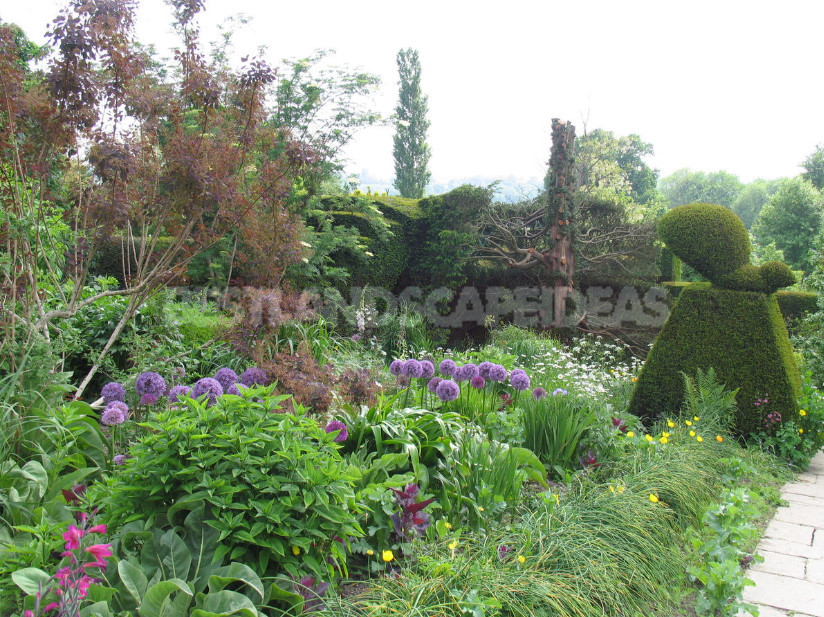
In conclusion, I would like to add that all of this may be just a game of imagination caused by a momentary mood (after all, the world is ruled by illusions). Nevertheless, I would very much like to hear someone’s response – is there any truth in my story?
And how do you look at your garden, how do you see it? How strong is the feminine or masculine in it and how is it manifested?
